The Directorate of Defense Trade Controls (DDTC) under the Department of State (DoS) and the Bureau of Industry and Security (BIS) under the Department of Commerce (DoC) have consistently encouraged companies to submit voluntary self-disclosures to mitigate export control violations. In our practice, we have consistently received positive outcomes for clients who report potential violations early on.
A voluntary self-disclosure (VSD) is a formal submission by an entity that has identified an action or omission that may have led to a potential violation of the International Traffic in Arms (ITAR) regulations and/or the Export Administration Regulations (EAR) and has either remedied the violation or has started taking steps to remedy the violation Here are some important considerations to keep in mind if you encounter a potential export control violation:
#1. What are the steps you can take to increase the probability of a positive outcome?
-
- Disclose the violations before it would have otherwise been discovered by the Government.
- Commence remedial measures before being required to do so, including strengthening the compliance program and retraining employees.
- Implement clear internal reporting procedures for employees to ensure that employees understand that it is their obligation to report suspected ITAR and EAR violations
- Maintain a strong technology control plan along with the internal compliance program
- Conduct regular ITAR training with a specific focus on points of vulnerability such as cybersecurity
- Show management commitment
- Engage in proper recordkeeping practices in accordance with ITAR Part 122.5 and EAR Part 762
#2. Self-early reporting is vital: Do not take the risk that the government will not identify the fact that your company may be in violation. Self-reporting early gives you several mitigation points.
#3. Have a strong Internal Compliance Program (ICP) : If you don’t have one, make one according to the ITAR and EAR guidelines. In the event a violation has occurred, and you already possess an ICP, it is essential to assess whether modifications are necessary. Regular amendments to the ICP can serve as a preventive measure against future violation. Submitting a strong amended ICP that addresses how a company remedies a violation is vital.
#4. Work with third party experts: It is important to have a strong advocate in your corner when drafting a voluntary self-disclosure. The regulations are complex and fraught with potential legal implications, which is why securing knowledgeable counsel is vital. An effective advocate not only understands the intricacies of the law but also prioritizes the formulation of a compelling argument. As export control counsel, we know that prioritizing a compelling argument in support of a company making a VSD is important to getting a favorable result.
#5. Audits: Conduct regular function-level audits (e.g., recordkeeping, shipping procedures), program-level audits (such as a review of export control policies and procedures), and external audits (which are unbiased, third-party evaluations).
While these are some important factors to consider, this is not a comprehensive checklist. Every potential violation is unique, and it requires experience to effectively address each situation that arises. If you are unsure whether you might have a potential export control violation, feel free to reach out to the author or to your Center Law attorney for guidance.




